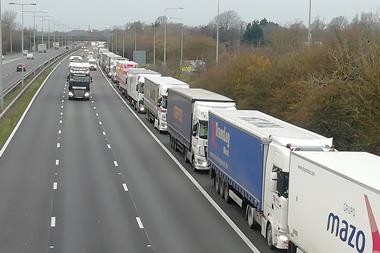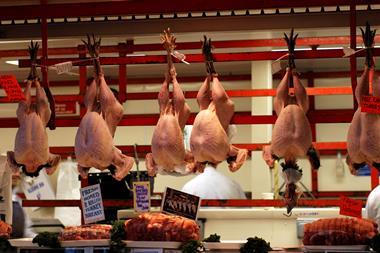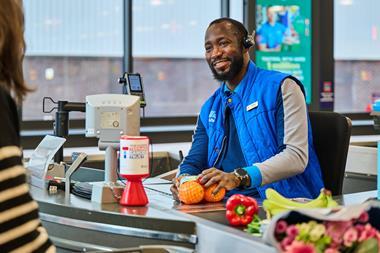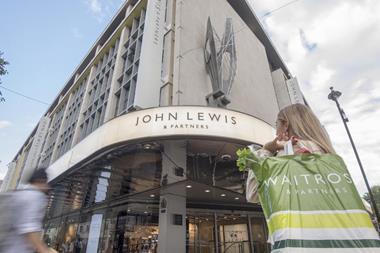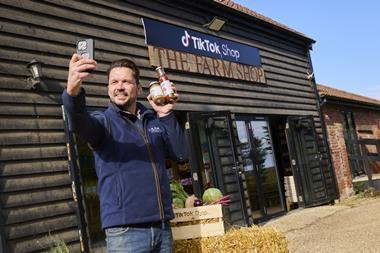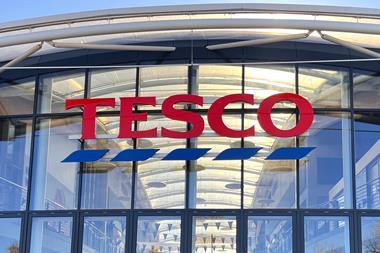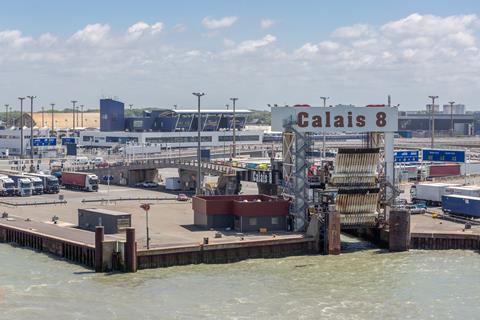
The UK’s food, drink and tobacco exports to the EU plummeted last year, according to the latest European Commission data, falling from €14.1bn (£11.8bn) in January to November 2020 to €10.9bn (£9.1bn) over the same period last year.
British exports to the bloc’s 27 member states crashed to less than €500m (£417m) in January 2021, from around €1.7bn (£1.4bn) the month before, before climbing back to around €1.3bn (£1.1bn) by November.
In January 2020, according to Commission data provided to The Grocer, the UK exported almost €1.3bn (£1.1bn) worth of drink, food and tobacco to the bloc, slightly less than the €1.4bn (£1.2bn) exported in November that year.
Food and related exports from the EU to the UK came to around €2.6bn (£2.2bn) in January 2021, before rebounding to around €3.7bn (£3.1bn) by November, roughly the same in value terms as the final months of 2020 when widespread stockpiling was reported as importers sought to hedge against a feared ‘no-deal Brexit’.
Free trade deal talks with India formally begin
A breakdown was averted by the 11th-hour signing of the UK-EU Trade and Co-operation Agreement, which led to checks on British goods bound for bloc. Those measures were not reciprocated until 1 January this year, when Britain began implementing controls on imports of food and other goods from the EU. The island of Ireland has been temporarily exempted from the measures, which are not scheduled to entail physical checks until July.
Measured by value, goods from the UK made up 11.7% of the EU-27’s total food, drink and tobacco imports in November last year, while the bloc sent 23% of its exports in the sectors to the UK. In 2020, the EU sourced 14% of its drink, food and tobacco imports from the UK, with 23% of its related exports for the year going to the UK.
But widespread food commodity price inflation over the past year meant the same value of goods likely corresponded to a lower volume compared to last year. The UN Food and Agriculture Organisation’s global Food Price Index was up by a fifth last month compared with December 2020.
The Commission data largely correspond with a report last month by the UK-based Food and Drink Federation, which compared the first nine months of 2021 to before the pandemic and said there had been “a drop in sales to the EU of £2.4bn (–23.7%) resulting from new barriers to trade with the EU and the ongoing effects of the pandemic”.
In 2019, according to the government’s Food Statistics Update, the UK imported over 40% of the food consumed in the country, with 26% coming from the EU.
According to a Commission statement on Friday, the EU exported a total of around €160bn (£133bn) of food and drink from January to November last year, while at the same time importing €106bn (£88bn) worth.
Irish food exports to UK declined in 2021, says Bord Bia
Although the UK remained the EU’s third-biggest overall goods trade partner after China and the US, the bloc’s imports from the UK fell by almost 14% from January to November, compared with the same period in 2020.
The other countries listed among the EU’s 10 biggest goods trade partners – India, Japan, Norway, Russia, South Korea, Switzerland and Turkey – all recorded double-digit percentage growth in exports to the EU.
EU goods exports to the UK grew by 2.6%, far short of the double-digit growth reported for the bloc’s exports to eight of its other top 10 export destinations.











